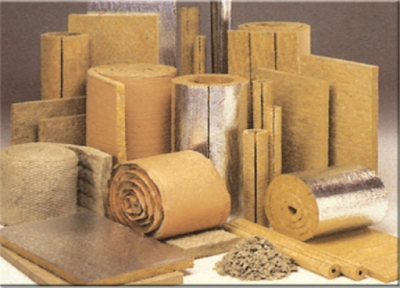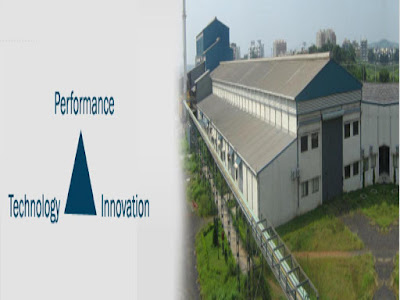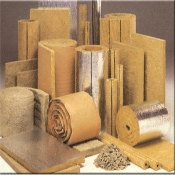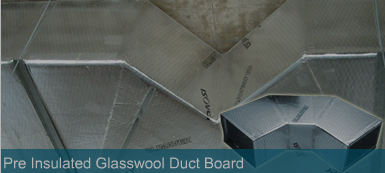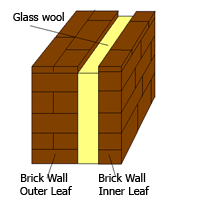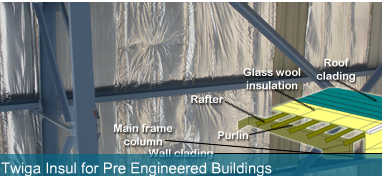Fire safety is one of the important task during designing of a building as it cannot be compromised. The role of insulation in respect to fire safety is often overrated. EPS is used as insulation material and full fill all insulation requirements including fire safety. The Fire Safe Insulation helps to stay alert and have protection such as fire fighting equipment and smoke detectors. The air contains the oxygen required to ignite fire. The loss of life in fire from the fumes generated during the combustion and the harmful gases they contain like carbon dioxide and carbon mono oxide etc which if inhale can cause poisonous and can lead to death as well. To avoid harm to human life, fire insulation should be in buildings. If the fire spreads it increases damage to property or sometime life of human.
The fire safe insulation helps to stay alert and have protection such as fire fighting equipment and smoke detectors. These methods play an important role in fire safety but having fire safe insulation ensures from the harmful effects of fire and its expansion across the building and the neighbors buildings. Pollution due to chemicals and industries are in wide range in all over the world so the buildings have to be constructed safe from durable pipes and window frames. As a result, fire safety has always been a major objective for the all industry.However, as the levels of insulation are increased which reduces energy bills and Carbon dioxide emissions insulation makes up an ever large percentage of the buildings potential fire load.
There are several different techniques for fire safety exists that involve thermal insulation materials. Some specific to mechanical insulation. For a material to be qualified to a particular fire safety performance, it must be tested. The configuration and conditions of the test are critical to its results. Many modern buildings are made of a light weight steel construction. Fire safe insulation improves the safety of occupants and resources as well as it protect the property and belongings.
There are several different techniques for fire safety exists and involve thermal insulation materials. Some are specific to mechanical insulation. If a fire starts in a compartment of such a building and can grow into a developed fire and then this part of the building is a total loss. Sometimes the fire safety of this kind of building is a subject of discussion and the insulation material becomes part of the debate. The objective is for as large a building for as little money as possible and so cost as opposed to fire safety is the driving factor.

